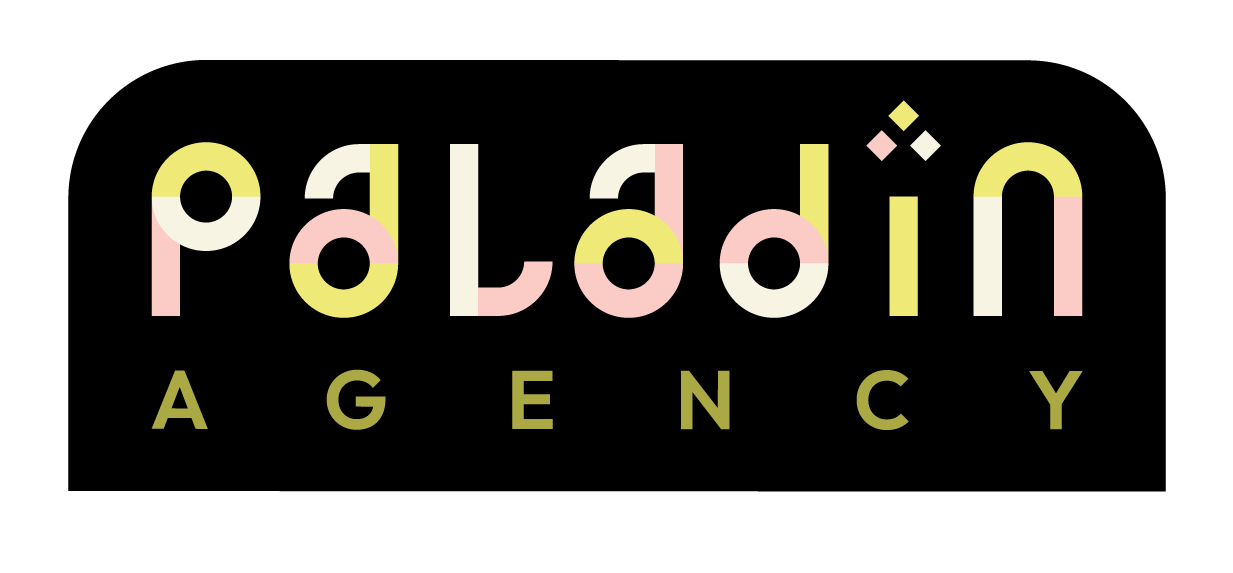// Resilience disclaimer
Possible formats include:
Virtual training sessions via video call platforms. Easy to organize for remote workers. We can either use your platform of preference, or use our own customized and safe server. Paladin Agency has different trainers in different countries, enabling quick scheduling of virtual workshops to address your target group’s immediate needs.
In-person sessions. When safe for participants and trainers, in-person-trainings can replace or be combined with online trainings. In-person sessions enable us to build effective relationships, which helps when combined with consultancy or monitoring packages.
All trainings are available and adaptable to every level (staff, HR, management)
Trainings are stackable with consultancy, which means we expand the training to a minimum of two sessions,
and organise them around the specific priorities of a particular newsroom (as shared through consultancy).
SKILL-BUILDING TRAININGS
Investigative empowerment
Training for investigative journalism methods and tools, with a focus on:
how to use investigative tools to cover underrepresented issues
how to create relevance and impact
how to empower junior journalists with smart use of innovative tech tools and enable them pursue complex leads independently
how to engage diverse demographics in your investigations and prevent the reproduction of blind spots in your news coverage
Combine one or more topics of interest to customise your training programme:
+ online investigations
1-2 hours
the best open-source intelligence tools for journalism investigations
share resources for everyday journalism
let passive audience engagement work for you
+ fact-checking and verification
1-2 hours
media literacy guidelines to recognise online misinformation and disinformation
how to use simple tools to verify pictures and videos
how to recognise deepfakes and use of AI technology
+ data journalism
2-3 hours
basics of data journalism: how to find, clean and work with datasets
overview of existing visualisation tools and their potential for your newsroom
using data sets in visualisation tools
+ AI / machine learning
2-3 hours
basics of machine-learning and where this technology is already being used
examples of machine learning and AI in journalism
basics of building your own machine-learning model
+ information security
2-3 hours
overview of the communication technologies journalists use and their security risks
how to protect sources and journalists
how to identify weak spots in your newsroom’s infrastructure and improve your information security
Representative engagement and anti-harassment
Training that builds engaged communities of readers and/or potential contributors, increasing representative relevance while steering clear of representation and inclusion pitfalls, and working with communities facing particular representativity challenges, such as migrant populations.
4-10 hours
Training(s) cover(s):
guided goal-setting, quality definition and approach
editorial /working with freelancers - cost-effective and ethically sound management essentials
maximising platform engagement, story leads, audience growth, representation and inclusion feedback, and social interaction
cost-effective, empowering tools for small-scale engagement innovation
The outdated notion that audiences are homogenous, elderly and white has led newsrooms to adopt engagement styles that alienate, or worse, ignore younger, more diverse demographics. At the same time, social media poses real challenges and threats to more representative journalism in the form of trolling, targeted harassment and hate speech. This training addresses the various challenges involved in successfully reaching out to diverse audiences of readers or contributors, and explains best practices in content moderation and fighting back against harassment.
International sources
How to ensure representative angles in pre-production stage and how to handle sources during and post-production.
3-8 hours
Training(s) cover(s):
approach/ consensual engagement
interview skills
post-interview scenarios
fixers
Social media has created transparency that is used not only by newsrooms to go behind the scenes of journalism practice, but also by the people encountered by newsrooms, in the form of fixers, interview subjects and sources. Practices that were on the edge of ethical or outright exploitative are now visible for the world to see when your story comes out. This training provides the cutting-edge methods in ethical, consent-informed journalism that will enhance, not undermine your story.
HR & DEVELOPMENT
TRAININGS
Recruitment & selection
Recruitment & selection
2-4 hours
Training(s) cover(s):
Recruitment and selection, from profile-building to how to ensure a fit
Onboarding and aligned goal-setting
Evaluation and professional development
Talent development & long-term freelancer relationships
2-4 hours
Training(s) cover(s):
how to uncover underrepresented and unique potential talent
how to move beyond entry-level representation and inclusion and build a pipeline of talent
how to support diverse knowledge and skills in your newsroom (e.g., computer science) so that they can integrate into the workflow, without disrupting traditional newsroom practices and staff culture essentials
International freelancers + cross-border opportunities
4-6 hours
Training(s) cover(s):
how to approach and engage upcoming talent in a professional way, as well as do’s & don’ts
dealing with issues of trust and creating a cross-border mindset
how to build a cost-effective external story pool, maximising cross-border opportunities and facilitating a professional and reciprocal work environment for a diverse pool of freelancers
why this investment enhances every other aspect of Representative Journalism
Collaborative and cross-border journalism is increasingly replacing the so-called “parachute journalism” model, or reliance on fixers in international reporting. However, working with remote freelancers and across cultural and journalistic differences can be challenging. This training equips you with the necessary skills and best practices to ensure successful engagement of freelancers based abroad, embedded in an understanding of how respectful and welcoming multicultural collaborations are essential for sustainable journalism.
REPRESENTATION (SELF-)ASSESSMENT
Access
Trainings for a newsroom’s leadership, in an intimate and bespoke workshop consultancy setting, can cover:
Access - newsroom level representation and inclusion strategy training
3-8 hours
Training(s) cover(s):
quick newsroom scan of every aspect of representative journalism according to framework
dynamic and culture SWOT analysis
priority setting & actionable steps
Growth - content level representation and inclusion strategy training
3-8 hours
Training(s) cover(s):
quick content scan
production dynamic SWOT analysis
content project brainstorm, launch plan and evaluation planning
Elevate - leadership level representation and inclusion strategy training
4-20 hours
Training(s) cover(s):
vision and mission-setting & aligned communication versus how to let your team truly commit to and define representation and inclusion goals through KPIs
mentoring and trust-building with role models
best-possible conflict resolution strategies

